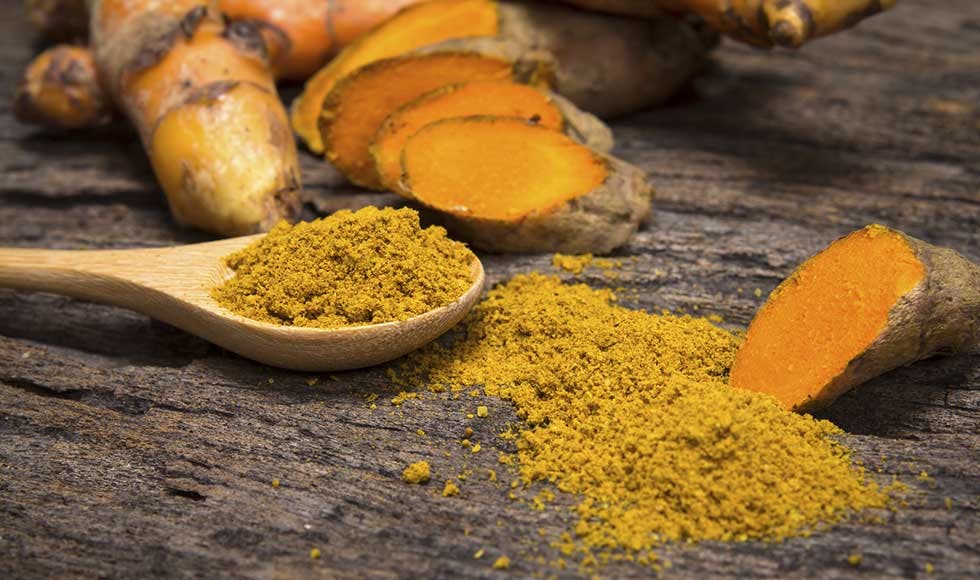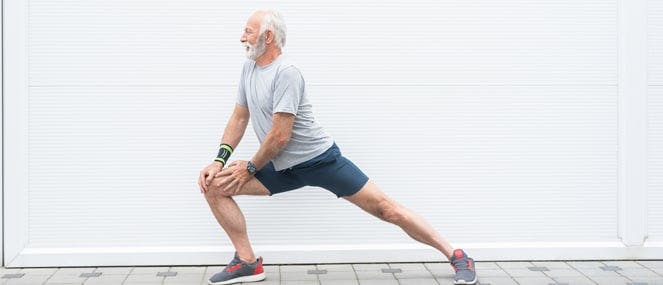
- Health hub/
- Arthritis, joint, bone & muscle/
- Whey protein & muscle health: key to ageing well


What comes to mind when you think about ageing well? A healthy heart, strong bones, clear sight and a sharp mind are likely to be top of the list. But what about our muscles – aren’t they just as important for good health as we get older?
Muscle is involved in everything we do. Our muscles function to get us moving, maintain posture and stabilise joints.
As we get older, we can start to see a decline in muscle. Sarcopenia is a condition defined as age-related loss of skeletal muscle mass. Initial loss of muscle starts at around the age of 30 and there seems to be a loss of 1-2% per year after the age of 50.
Maintaining healthy muscles is vital for everyday living. A loss of muscle mass with ageing may lead to loss of strength and capacity to exercise. Losing strength can make the simplest of tasks more difficult – getting up from your chair, doing household chores and carrying the shopping in.
Good muscle health is also important for the maintenance of a healthy weight and healthy blood glucose metabolism. Our muscles act as an important source of amino acids needed to make protein for vital organs and for recovery from illness and trauma.
Maintenance of healthy bone strength and density is also in dependant on adequate muscle mass and function. A loss of muscle mass may increase the risk of falls which is most likely due to a decrease in muscle strength.
Why we need protein
Protein is the major structural part of muscle. Nearly half of the body’s protein is found in skeletal muscle.
The body does not maintain a storage form of protein [8] so it’s important to maintain an adequate dietary intake. For men aged 19-70 years of age, the recommended daily intake (RDI) of protein is 64 grams increasing to 81 grams for men over the age of 70. For women aged 19-70 the RDI is 46 grams, increasing to 57 grams over 70 years of age.
Whey protein
To get the most out of protein it is important to choose one that is considered to be of good quality. A protein’s quality is determined by assessing its amino acid composition, digestibility and bioavailability.
Whey, one of two proteins that are found in milk, is a protein that ticks all the boxes for protein quality and may help to increase muscle mass and muscle strength.
Whey is a complete protein, and it is also a great source of branch chain amino acids (BCAA) which help to maintain muscle and prevent it from breaking down during exercise.
Whey protein may also have some additional benefits to help support health. Whey is rich in an amino acid called cysteine which is needed for the body’s production of the antioxidant glutathione. Whey also contains a number of proteins that may help to support healthy immune function.
References available on request




